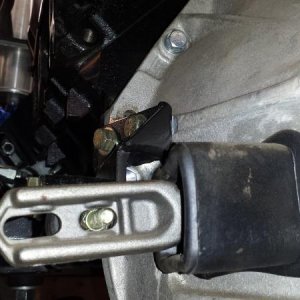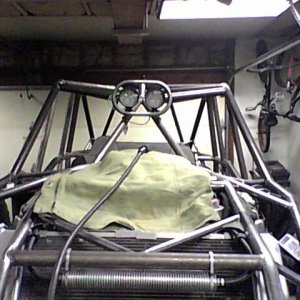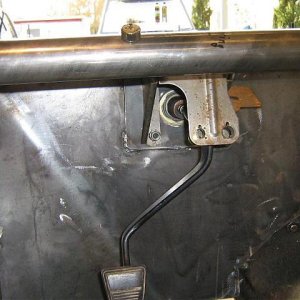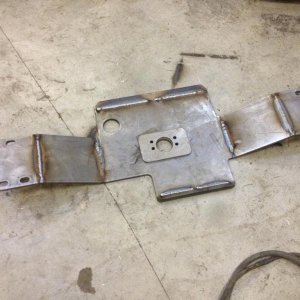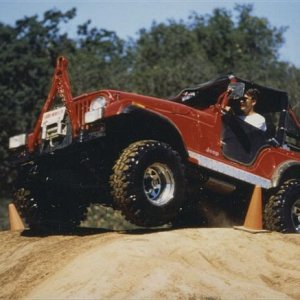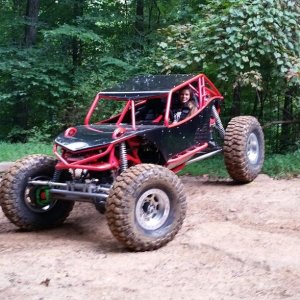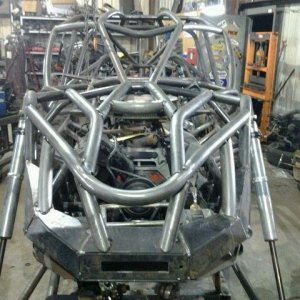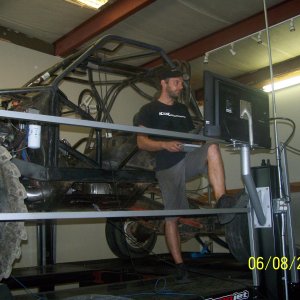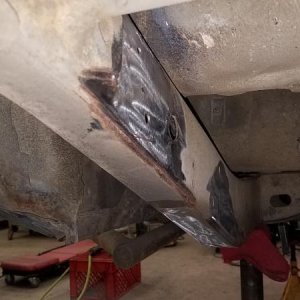This thread is in the Tech section. I am here only to discuss. Nothing put forth was in any way ment to be against you or the company you represent.
I am always willing to learn new things. Maybe all of us can learn a little bit about cams here. :awesomework:
In the quote it was said that he didn't have an outright dislike but a preference for a new cam. We both recognize new manufactured parts, especially OEM factory new parts tend to be manufactured to a higher degree of quality. I will say it again, they TEND to be. The company you work for is used by most machine shops I know of and you offer a very good quality product. Still a purpose built cam for the application I think would be preferable.
I fully recognize all the factors that determine cam life. Quality of oil, brand of oil, the changes in formulation, proper start-up depending on engine type, and certain engines propensity to wear cams.
I don't want to argue every point here but can you explain. When you regrind a stock cam back to stock lift does it not make the apex sharper? And if so that has NO effect on longevity? Can you educate us on how a performace cam is made from a stock cam if what was quoted was wrong?
As for hardening, Yes flame is old terminology for "heat" or "induction" hardening. Where an electomagnet is used to create heat on the surface of the cam. Then it is quenched. I would assume the method used at your facility is a system called Traverse Hardening. The question I have in my mind is how this is applied and when in the grinding process.
It all boils down to cams DO fail. I KNOW most of the time it is user error. However In my experiences I have seen more reground performance cams fail than others. Why I have no idea. So for me I will use very good condition stock used cams or brand new cams. But that is just my opinion. :beer:

